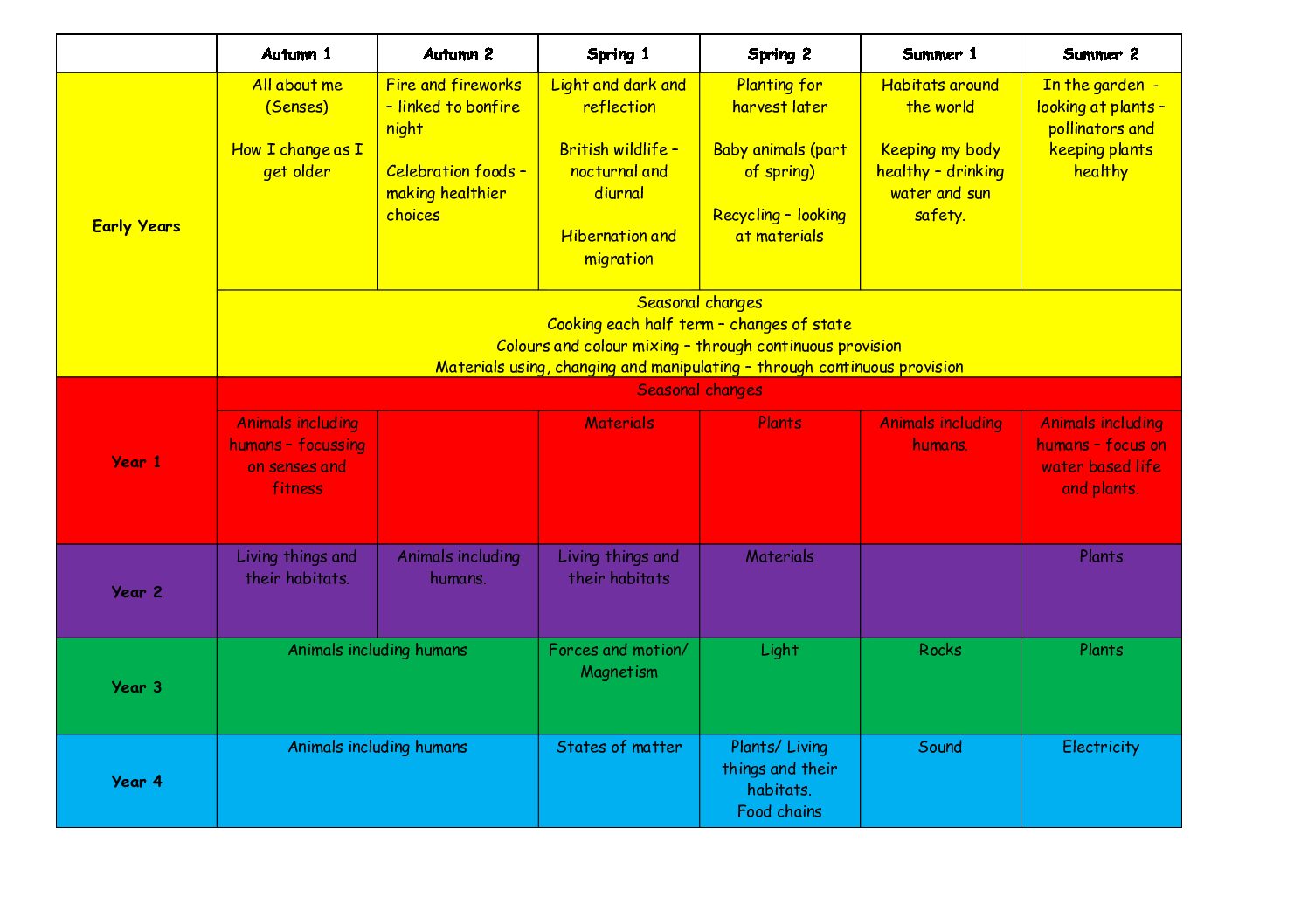
We would like to invite all parents/careers to the school for 12pm on the 20th December 2023, so you can view your children’s amazing work!
You are then free to take your child/children home. We look forward to seeing you.
Mrs Cliff and Miss Younger led our most recent Reading Workshop, to enable parents to support their child/children with reading at home. Please click on the link below to access their presentation below:
We are delighted to be able to welcome prospective parents, for children due to start in September 2024, into our school for a tour. Open days will take place on:
Open day 1 – 6th October 9.30am and 1.30pm Open day 1 – 6th October 2023
Open day 2 – 21st November 9.30am and 1.30pm Open day 2 – 21st November 2023
Please contact the school on 01525 373019 or email office@beaudesert.school with the time you wish to attend.
At Beaudesert we aim to develop children’s natural curiosity about the world around them. They are encouraged to ask questions and investigate in order to acquire scientific knowledge, understanding and skills. Science is explored through observing, researching, measuring, questioning, recording and predicting. Using these skills, children will explore a range of different topics including plants, materials and living things. We believe thinking scientifically and problem solving can help children access learning across all subjects, not just science!

Curriculum Intent
We aim to provide pupils with the knowledge, understanding, attitudes, values and skills they need in order to reach their potential as individuals and within the community. Pupils are encouraged to take part in a wide range of activities and experiences across the curriculum, contributing fully to the life of their school and communities. In doing so they learn to recognise their own worth, work well with others and become increasingly responsible for their own learning. We encourage our children to reflect on their experiences and understand how they are developing personally and socially, tackling many of the spiritual, moral, social and cultural issues that are part of growing up.
We intend for our children to learn to understand and respect our common humanity; diversity and differences so that they can go on to form the effective, fulfilling relationships that are an essential part of life and learning. At Beaudesert, we choose to deliver Personal, Social, Health Education (including Relationships Education) using three main themes: ‘Health and Wellbeing’, ‘Relationships’ and ‘Living in the Wider World’. These themes cover the statutory guidance outlined by the Department for Education and support our school values.
Personal, Social, Health and Economic (PSHE) education is a subject through which pupils develop the knowledge, skills and attributes they need to manage their lives, now and in the future. It helps children and young people to stay healthy and safe, while preparing them to make the most of life and work. PSHE education also helps pupils to achieve their academic potential.
Most of PSHE education became statutory for all schools from September 2020 under the Children and Social Work Act 2017. This includes Relationships Education at Key Stages 1 and 2, Relationships and Sex Education (RSE) at key stages 3 and 4, and Health Education in both primary and secondary phases.
The Department for Education published Statutory Guidance for Relationships Education, Relationships and Sex Education (RSE) and Health Education in June 2019. This sets out what schools must cover from September 2020 (though not all they should cover as part of broader PSHE education).
Curriculum Implementation
Having the PSHE Association programme of study, ‘programme builders’ and access to their wealth of resources, helps guide and support teachers whilst teaching topics which may create debate or answering difficult questions from pupils. Having this resource allows teachers to plan and prepare for any questions which may arise and have a quality assured resource in place to refer to, to ensure personal beliefs and attitudes do not influence teaching.
At Beaudesert Lower School we benefit from being a member of the PSHE Association. Therefore, if any teachers are unsure about their ability to teach certain areas of the PSHE curriculum, they have access to up to date key guidance, the ability to exchange ideas within a community of dedicated practitioners and most importantly, can get support from subject experts via phone or email.
Please click on the links below to view our comprehensive programme of study and model lesson plans.
Impact
Our pupils leave school with a good understanding about how to stay safe, how to be healthy and how to develop positive relationships. Our pupils are well behaved, polite and respectful members of the school community who try hard to model our key school values: kindness, positivity, perseverance, compassion, respect and community spirit. They understand what it means to belong to a multi-cultural and diverse society.